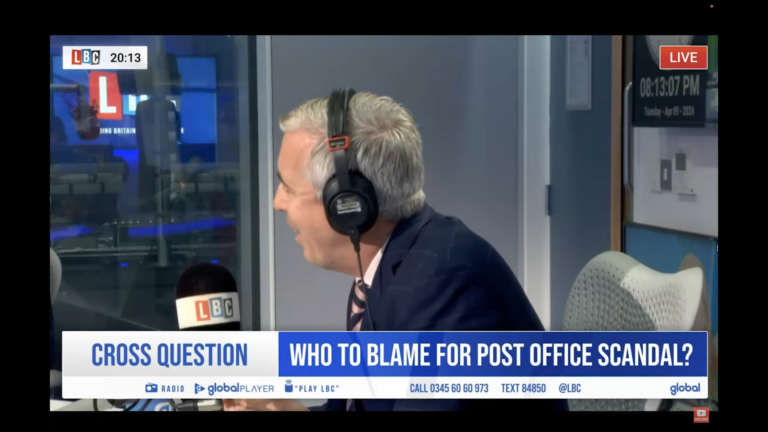The result was that the chicken – which subsequently became famous as Mike the Headless Chicken – was still able to walk, mount his perch, attempt to preen himself and (unsuccessfully) crow at the dawn. For eighteen months Mike (with help from Mr Olsen, who fed him using a pipette) toured county shows and rural fairs, earning $4,500 a month at the peak of his fame. Sadly, like so many celebrities, Mike met an ignominious end, choking to death in a motel in Phoenix in 1947.
At this point, if indeed you are still reading, you will be wondering why I have shared this bizarre and macabre story with you. My reasons are two fold – firstly, it is an amusing story that says a lot about what passed for entertainment in the USA before the advent of television and, secondly, it struck me that there were some useful parallels with the current debate over controversial rail project High Speed 2 (HS2).
HS2 currently gives every impression of being a project that has been politically decapitated. In the past week alone the Institute of Director’s has branded it “one grand folly”, the Institute of Economic Affairs has warned it could cost as much as £80 billion, former Chancellor Alistair Darling predicted that the project would rob the rest of the rail system of investment and shadow transport secretary Maria Eagle has indicated that a future Labour government would delay and redesign the scheme and, ultimately, scrap it if costs rose above £50 billion.
All this is a long way from the project’s inception in 2009, when it provided a rare source of cross-party consensus in pre-coalition UK politics. It was touted as the answer to the thorny issue of Heathrow expansion, the solution to the north-south divide and the UK’s belated response to two generations of underinvestment in rail infrastructure. Support for HS2 has been unravelling for some time. Conservative support has been undermined by grassroots disquiet over the project’s impact upon the communities and landscape along its route, particularly in true-blue heartlands like the Chilterns. Many Tories are deeply concerned about the ever-rising cost of the project and allegations of outdated assumptions in the Department of Transport’s calculations regarding the economic case for the project. In austerity Britain, there is little popular appetite for grand projects. That initial murmurings of opposition have grown to a cacophony and now both the Labour party and a major business organisation – two groups that one would expect to be staunch advocates – have joined that chorus of condemnation, present the clearest signs yet that work on this massive project may never begin.
Of course, as the boss of Crossrail warned in the Telegraph yesterday, the failure of HS2 is a bad omen for other infrastructure projects in the UK. It displays a lack of national ambition and confidence and underlines just how far Britain has fallen since its industrial, 19th century heyday. Stephenson and Brunel are no doubt turning in the graves. But, like Mike the Headless Chicken, HS2 may present the illusion of life for some months yet. If the project is to avoid finding itself in its own metaphorical motel in Phoenix, its proponents need to go on the offensive with a credible and costed case to justify investment in constrained times. It would be a great shame if a project so ambitious in its conception was to share such an ignominious fate.



